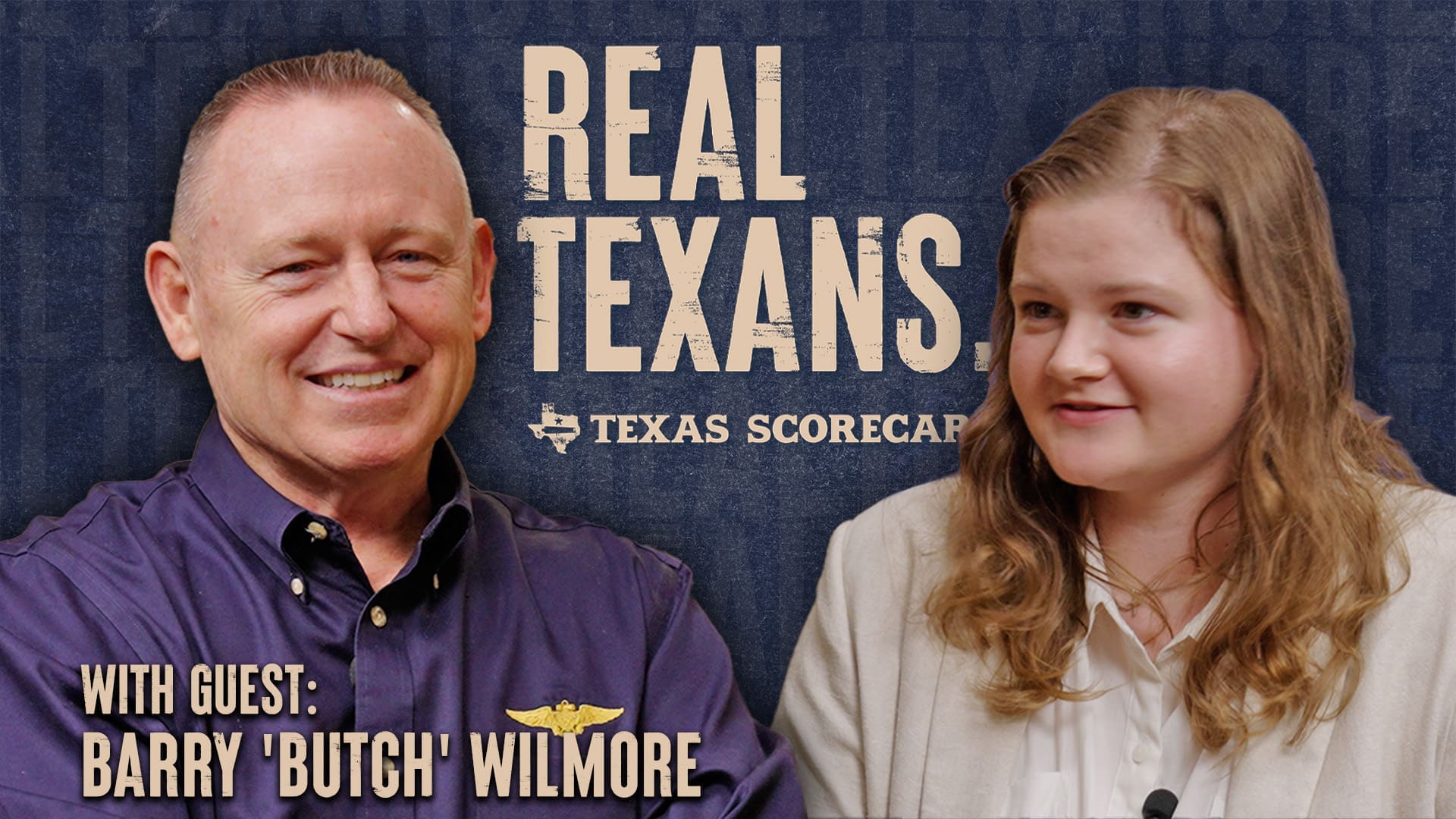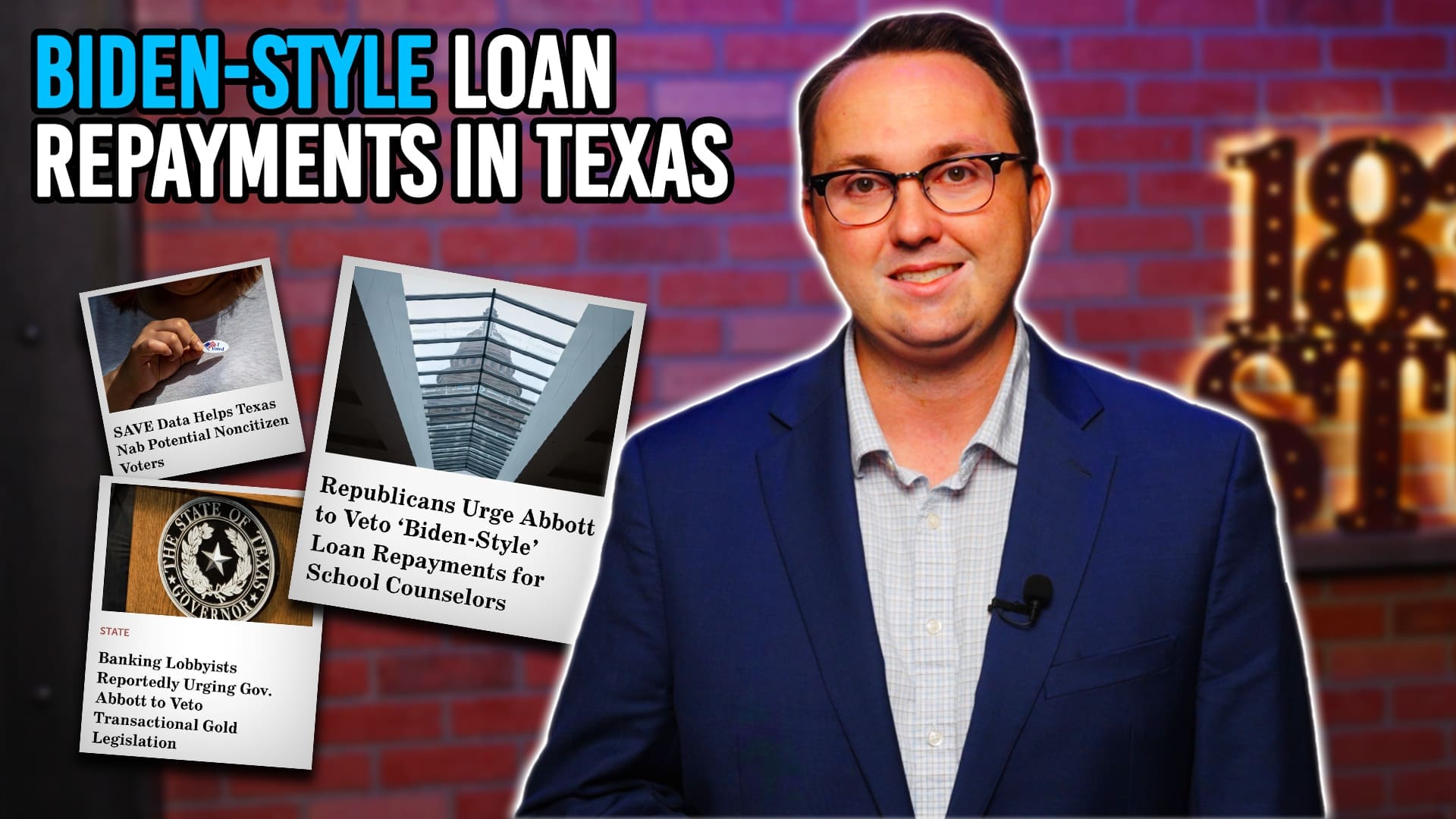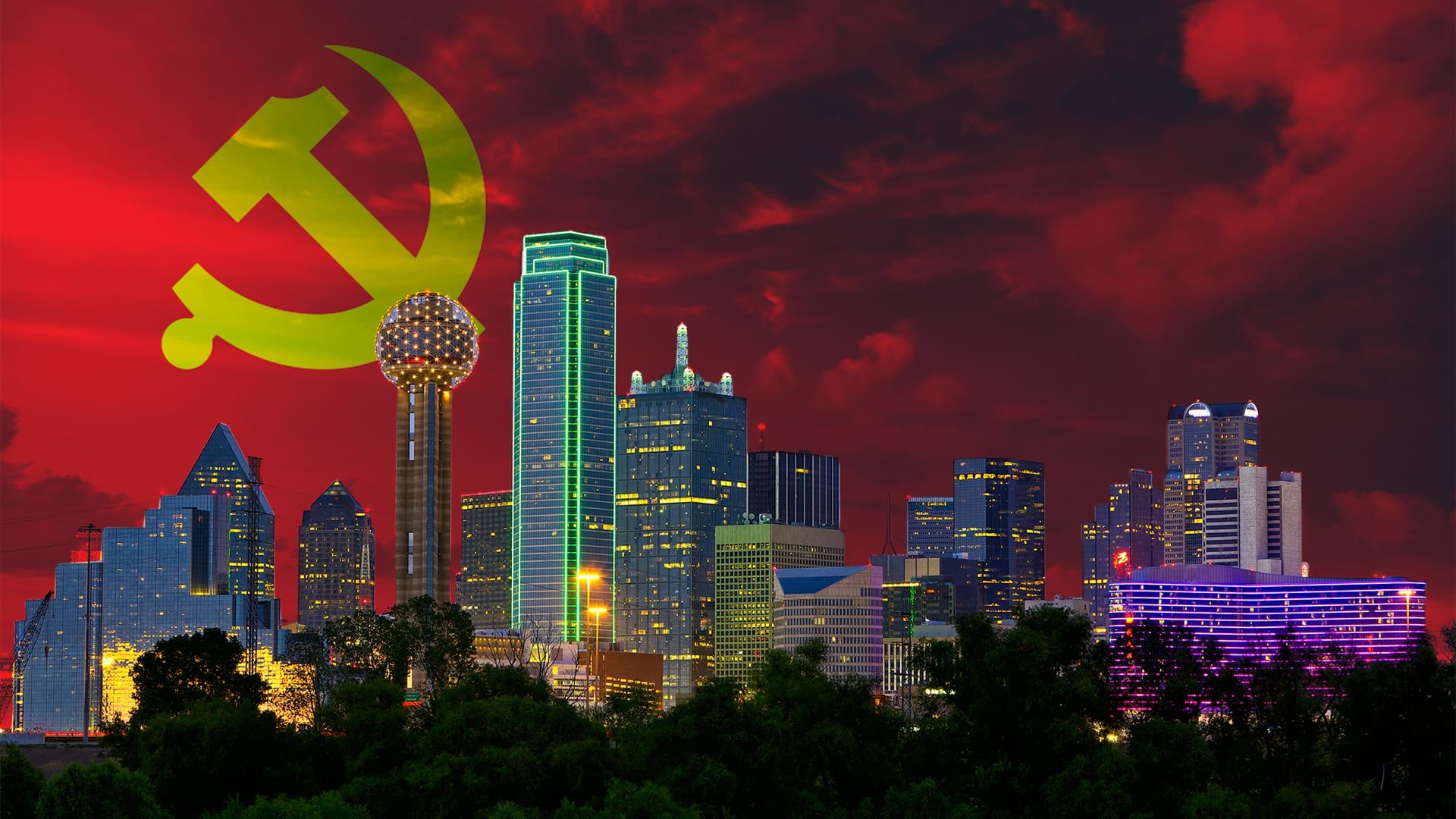An abridged version of this essay appeared in City Journal on May 15, 2019.
Big cities across the U.S. increasingly sacrifice public safety for political correctness, catering to left-leaning critics by hamstringing law enforcement. In Los Angeles, San Francisco, and Seattle, progressive leaders condone rampant homelessness and public drug use, despite residents’ objections.
Defying these trends in one of the nation’s largest and fastest-growing cities, Austin Police Chief Brian Manley presides over the nation’s third-safest major-metro area in the United States, demonstrating that being “woke” doesn’t require political indifference to crime control.
Manley’s success is superficially anomalous. Other major cities in Texas experience much higher rates of violent crime (e.g., Houston) or property crime (e.g., San Antonio); Austin has a relatively small police force (around 1,900 sworn officers serving a population of almost 1 million); and the capital city has an increasingly progressive city government—a political environment not always conducive to public safety.
But the most remarkable aspect of Manley’s accomplishments—Fortune just named him one of the “World’s Greatest Leaders”—is that he was chosen to be police chief at all.
A graduate of the University of Texas who joined the force in 1990, the unassuming Manley previously held key positions—chief of staff and assistant chief—under his voluble predecessor, Art Acevedo, who left Austin in November 2016 to head Houston’s police department. Manley’s low-key competence was often overshadowed by Acevedo’s flashy style.
When Acevedo departed, Manley became the interim chief of police, but many observers expected the quota-conscious city council to appoint an outsider as the new chief. With city government under the influence of left-leaning mayor Steve Adler and councilman Greg Casar, a socialist firebrand, no one expected a local law enforcement insider to get the nod.
Then, in March 2018, an unprecedented bombing spree hit Austin, terrorizing its residents and drawing national attention to a city totally unaccustomed to such horrific crimes. For nearly a month, Austin was gripped by panic as a series of bombs randomly detonated around the city, killing two and injuring four. The only thing that kept Austin from being paralyzed by fear, many felt, was Manley’s calming presence in televised news briefings. Plunged into the media spotlight, the unflappable Manley rose to the occasion.
When investigators cracked the case, resulting in the 23-year-old bomber—a disturbed loner with no apparent motive—blowing himself up during a police chase, Manley won praise for his leadership.
In the aftermath, city leaders quickly abandoned a national search for Acevedo’s replacement and instead named Manley the sole finalist. The city council unanimously approved Manley’s appointment. When Manley was sworn in as chief last June, he became Austin’s first homegrown police chief in 40 years.
A year later, Manley remains popular, and despite the city council’s controversial 2018 directive that the police department cease making arrests for certain offenses, Austin’s crime rate has not increased—yet.
Declaring itself a “Freedom City,” Austin now directs cops to avoid arrests for misdemeanors, including those for smoking marijuana, possessing drug paraphernalia, and petty theft. Arrests for these crimes implicate minorities and illegal immigrants at rates disproportionate to their populations—proof, advocates say, that such policing is racist.
But enfeebling law enforcement to achieve social justice is a prescription for disaster.
In the first quarter of 2019, Class C misdemeanor arrests in Austin were down 63 percent from 2018. The council’s directive may jeopardize Austin’s status as the safest large city in Texas.
Many factors affect a city’s crime rate: community cohesion, police morale, energetic patrolling, effective prosecution of offenders, incarceration rates (which are declining statewide in Texas), and political leadership. Manley’s promotion seems to have improved morale within the department. Other factors are less favorable. Travis County Sheriff Sally Hernandez, nicknamed “Sanctuary Sally,” and District Attorney Margaret Moore are liberal Democrats not regarded as tough on crime.
Austin is the most liberal enclave in Texas. Not one Republican serves on the city council. Every elected official in Travis County, save one, is a progressive Democrat. Manley serves at the pleasure of politicians not generally disposed toward law enforcement. Friction is inevitable. When City Manager Spencer Cronk appointed Manley as police chief, one of his mandates was for Manley to focus on “equity and inclusion”— as if the police department is responsible for social work.
Casar, who unsuccessfully fought a state law banning sanctuary cities in Texas, has made it clear that he intends to micromanage the police department’s interaction with illegal-alien detainees. Brian Manley is a good cop who has performed well in a variety of roles. He is devoted to public safety and committed to his community. In 2019, though, that might not be enough.
Time will tell if Manley can succeed long-term in the face of Austin’s challenging political climate. We’re not in Mayberry anymore.
This is a commentary submitted and published with the author’s permission. If you wish to submit a commentary to Texas Scorecard, please submit your article to submission@texasscorecard.com.
Photo by Scott Olson/Getty Images





